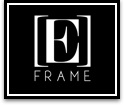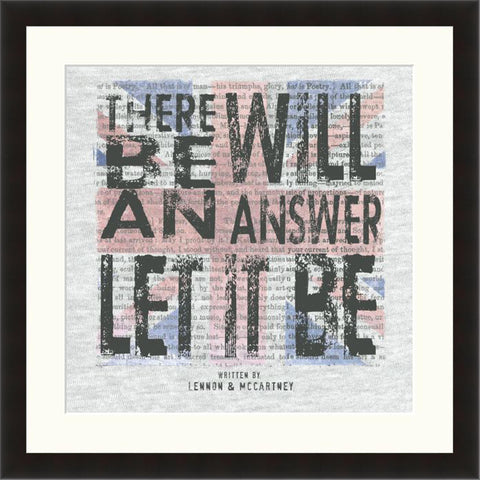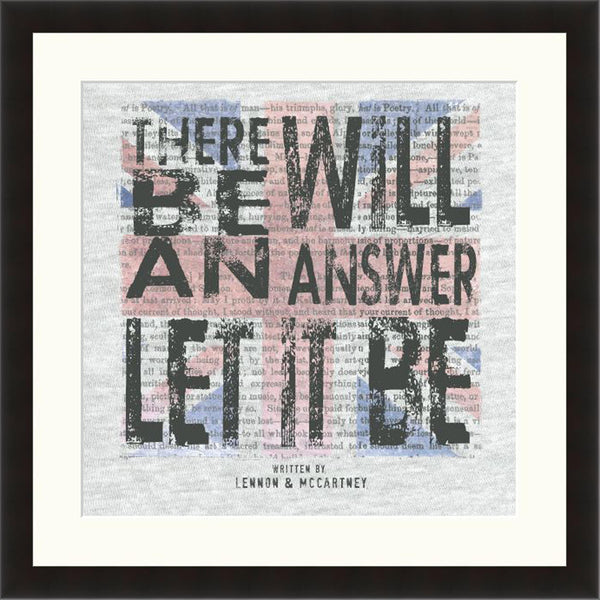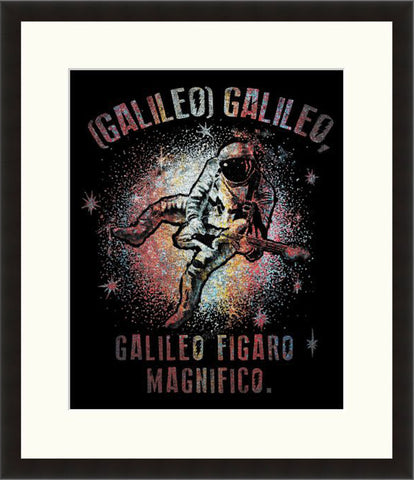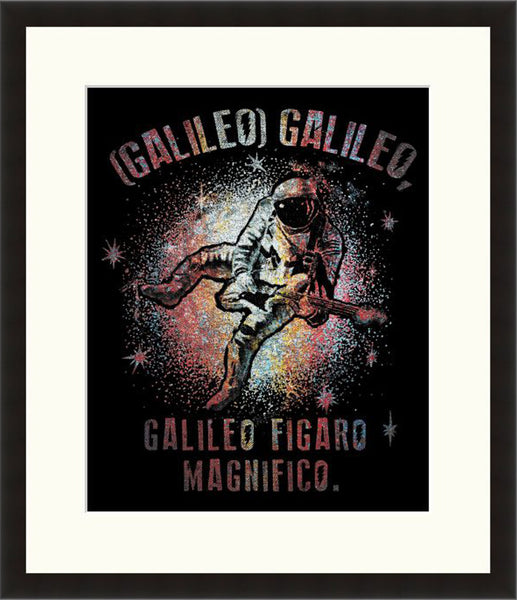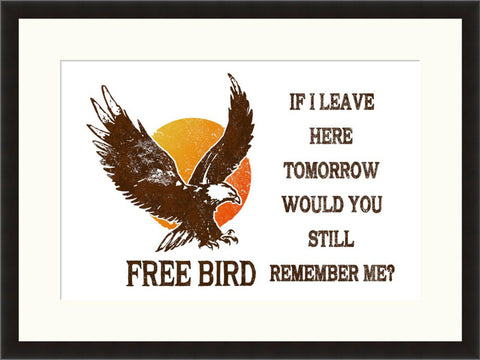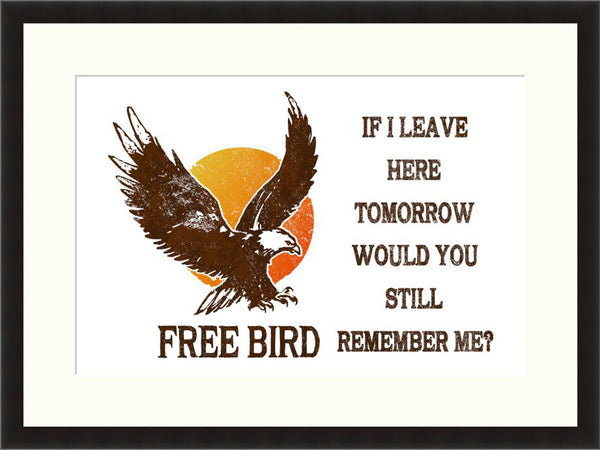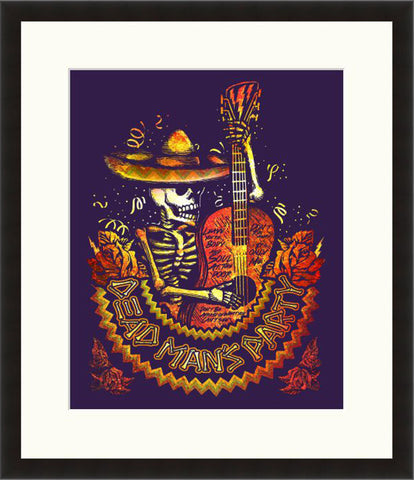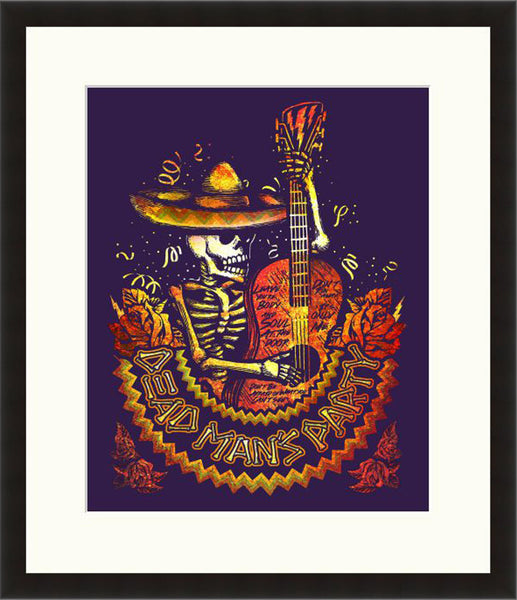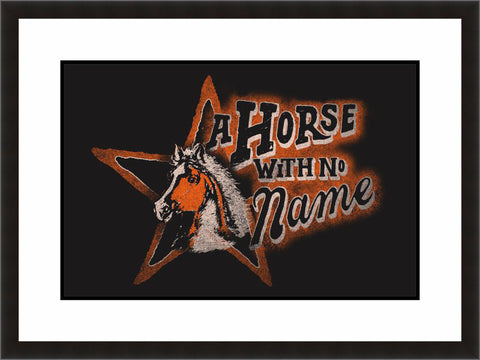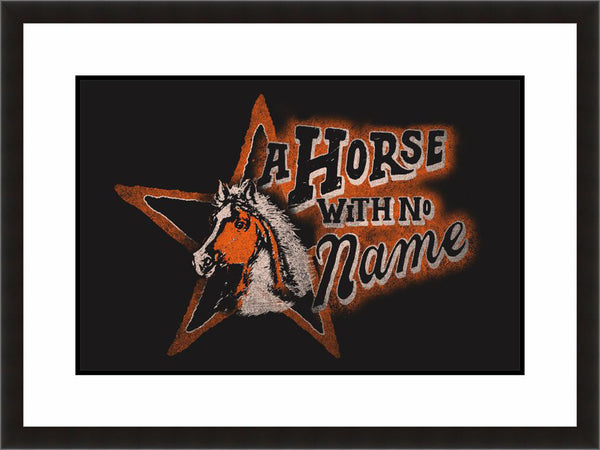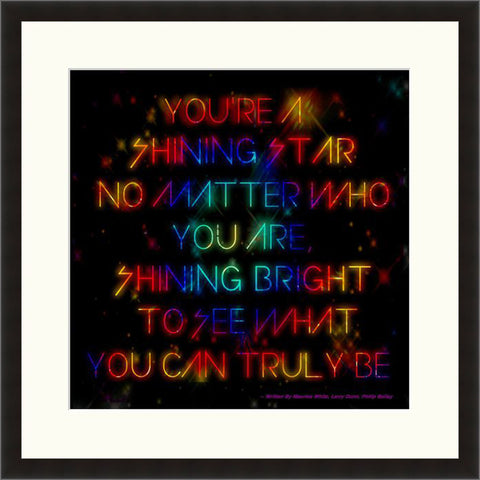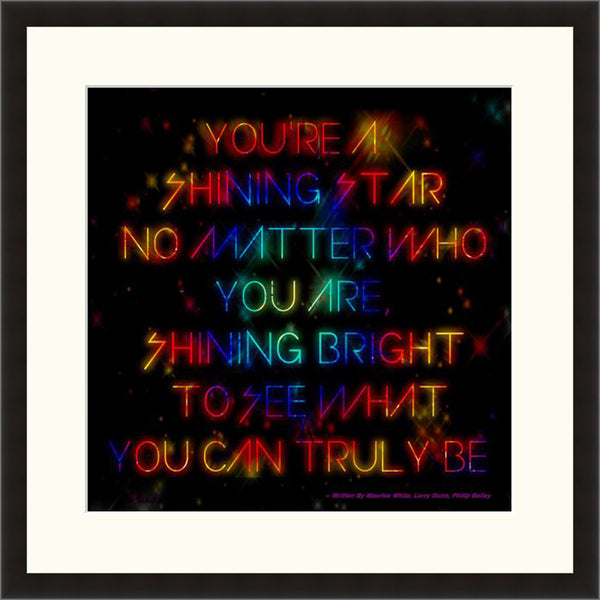Let It Be II - Lyric Culture - Fine Art Photograph by Lyric Culture - Framed Wall Art
price adjusts accordingly.
Bohemian Rhapsody - Lyric Culture - Fine Art Photograph by Lyric Culture - Framed Wall Art
Bohemian Rhapsody artwork exclusively designed by Lyric Culture, is a rock-n-roll lifestyle brand inspired by the song lyrics of the most legendary musical artists.
"Bohemian Rhapsody" is a song by the British rock band Queen. It was written by Freddie Mercury for the band's 1975 studio album A Night at the Opera. It is a six-minute suite, consisting of several sections without a chorus: an intro, a ballad segment, an operatic passage, a hard rock part and a reflective coda. The song is a more accessible take on the 1970s progressive rock genre. It was the most expensive single ever made at the time of its release.
Although critical reaction was initially mixed, "Bohemian Rhapsody" remains one of Queen's most popular songs and is frequently placed on modern lists of the greatest songs of all time. The single was accompanied by a promotional video, which many scholars consider ground-breaking. Rolling Stone magazine states: "Its influence cannot be overstated, practically inventing the music video seven years before MTV went on the air. “In 2004, "Bohemian Rhapsody" was inducted into the Grammy Hall of Fame.
price adjusts accordingly.
Free Bird - Lyric Culture - Fine Art Photograph by Lyric Culture - Framed Wall Art
Free Bird artwork exclusively designed by Lyric Culture, is a rock-n-roll lifestyle brand inspired by the song lyrics of the most legendary musical artists.
Freebird, written by Allen Collins and Ronnie Van Zant, is a power ballad by the American rock band Lynyrd Skynyrd. The song was first featured on the band's debut album in 1973 and has been included on subsequent albums released by the band, including the previously unreleased, unfaded-ending version of the original recording (featured on Skynyrd's Innyrds). Amazon.com music reviewer Lorry Fleming calls it "the most-requested song in the history of rock music."
Released as a single in November 1974, "Free Bird" bowed at No. 87 on the Billboard Hot 100 on November 23 and became the band's second Top 40 hit in early 1975, where it peaked at No. 19. A live version of the song also reached the Billboard Hot 100 chart in 1977, peaking at No. 38. "Free Bird" also achieved the No. 3 spot on Guitar World's 100 Greatest Guitar Solos.
It is used as a finale by Lynyrd Skynyrd during their live performances and is their longest song, often going well over 14 minutes when played live. It is considered to be Lynyrd Skynyrd's signature song.
According to guitarist Gary Rossington, for two years after Allen Collins wrote the initial chords, vocalist Ronnie Van Zant insisted that there were too many for him to create a melody in the belief that the melody needed to change alongside the chords. After Collins played the unused sequence at rehearsal one day, Van Zant asked him to repeat it, then wrote out the melody and lyrics in three or four minutes. The guitar solos that finish the song were added originally to give Van Zant a chance to rest, as the band was playing several sets per night at clubs at the time. Soon afterward, the band learned piano-playing roadie Billy Powell had written an intro to the song; upon hearing it, they included it as the finishing touch and had him formally join as their keyboardist.
Allen Collins's girlfriend, Kathy, whom he later married, asked him "If I leave here tomorrow, would you still remember me?" Collins noted the question and it eventually became the opening line of "Free Bird".
price adjusts accordingly.
Dead Man's Party - Lyric Culture - Fine Art Photograph by Lyric Culture - Framed Wall Art
Dead Man's Party artwork exclusively designed by Lyric Culture, is a rock-n-roll lifestyle brand inspired by the song lyrics of the most legendary musical artists.
"Dead Man's Party" written by Danny Elfman, is a song by American band Oingo Boingo released as the third single from their fifth studio album which shares the same name. The lyric "I hear the chauffeur coming to my door/Says there's room for maybe just one more" is a reference to "The Bus-Conductor", a short story involving a hearse driver by E. F. Benson, published in The Pall Mall Magazine in 1906. The story has been adapted several times and spawned an urban legend, with each version using the catchphrase, "Room for one more."
The song is perhaps best known for its appearance in the 1986 film Back to School and its accompanying soundtrack; Oingo Boingo appears in the film performing the song. This song is also featured in Chuck during John Casey's fake funeral, as well as the Malcolm in the Middle episode "Halloween". It is also referenced in the novel Ready Player One. It was also featured in one of the promos for the season 5 of television series Bones.
price adjusts accordingly.
A Horse With No Name - Lyric Culture - Fine Art Photograph by Lyric Culture - Framed Wall Art
A Horse With No Name artwork exclusively designed by Lyric Culture, is a rock-n-roll lifestyle brand inspired by the song lyrics of the most legendary musical artists.
price adjusts accordingly.
You're A Shining Star - Lyric Culture - Fine Art Photograph by Lyric Culture - Framed Wall Art
You're A Shining Star artwork exclusively designed by Lyric Culture, is a rock-n-roll lifestyle brand inspired by the song lyrics of the most legendary musical artists.
"Shining Star" is a 1975 song by Earth, Wind & Fire from their album That's the Way of the World. The song was written by Maurice White, Larry Dunn and Philip Bailey and produced by White. "Shining Star" was Earth, Wind & Fire's first major hit, hitting No. 1 on both the U.S. Hot 100 and R&B charts from 1976
Xprice adjusts accordingly.
